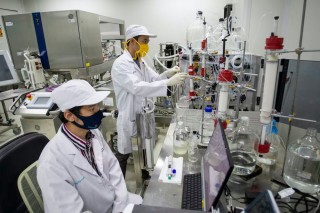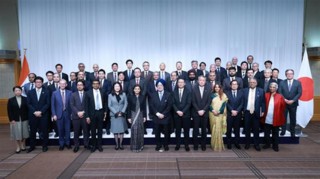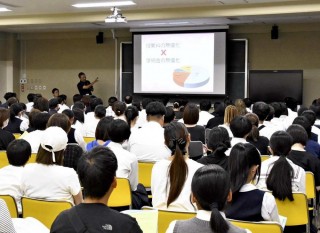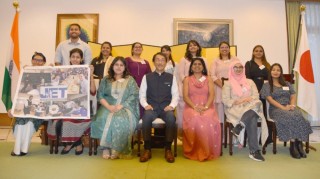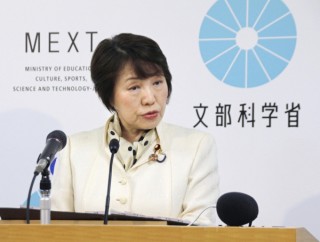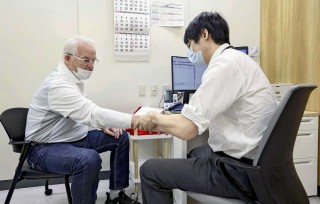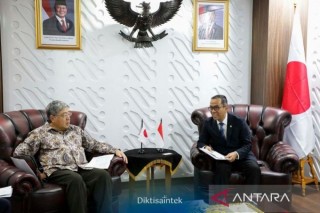
NHK
Japan's education ministry has decided to allow three national universities to take in more students from abroad, amid intensifying international competition to attract foreign students.
The ministry says there were a record 336,708 foreign students in Japan in 2024. It aims to increase the figure to 400,000 by 2033.
The ministry has introduced a special system to ease universities' quotas for foreign students.
The system will be applied to three schools that met certain requirements -- Tohoku University, University of Tsukuba and Hiroshima University.
The percentage of foreign students at each of these universities is currently in the single digits.
Tohoku and Tsukuba plan to raise the ratio to between 20 and 29 percent, while Hiroshima is aiming for a 10-point increase.
In a 2023 survey by the Organisation for Economic Co-operation and Development, the ratio of foreign students in undergraduate studies was 17 percent in Australia and 15 percent in Britain and Canada, but only 3 percent in Japan.
The education ministry hopes that outstanding students from overseas will strengthen the Japanese universities' research capabilities and help improve the quality of learning.


